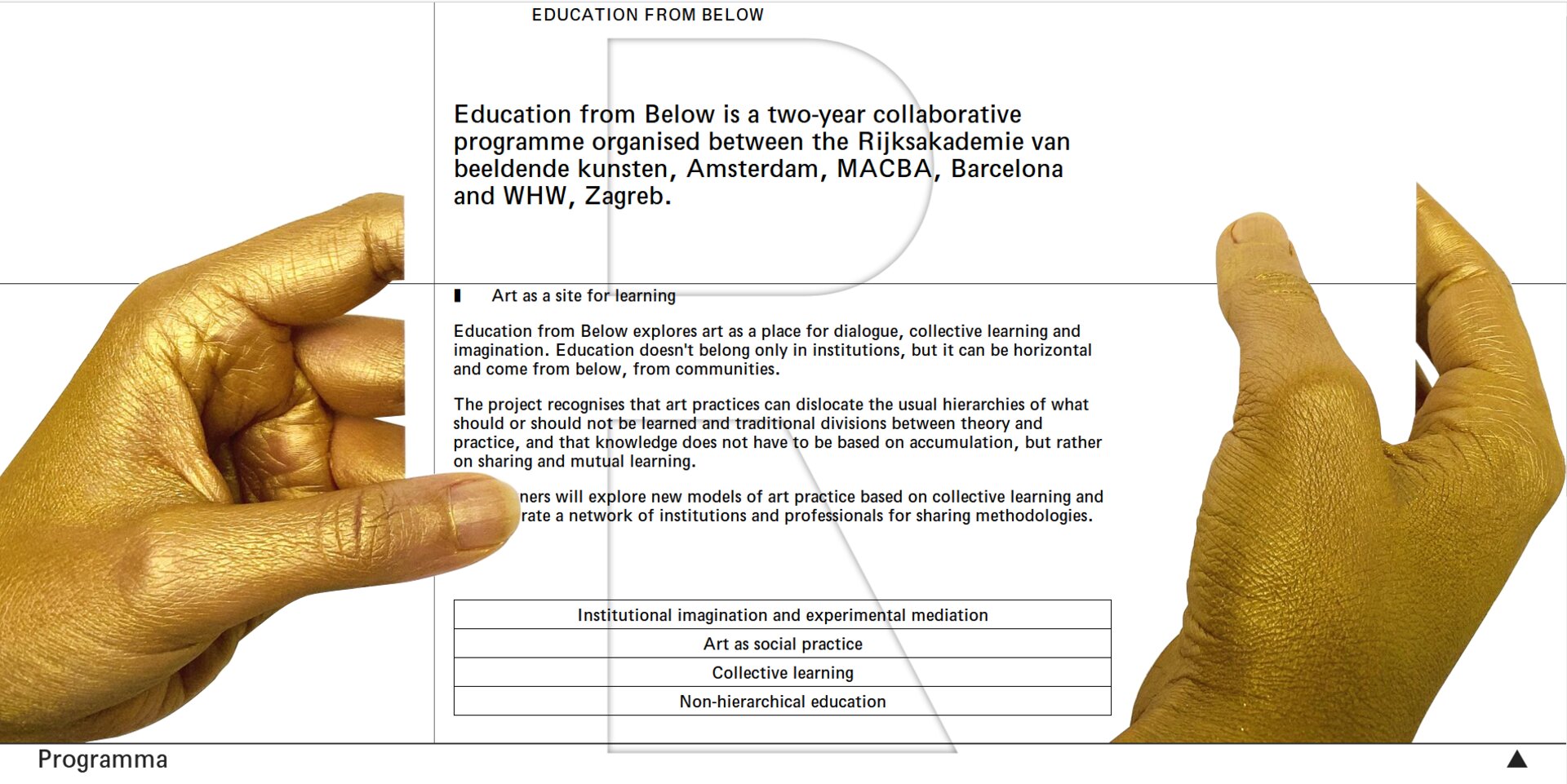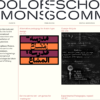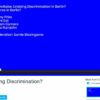This text is licensed under the Creative Commons license Attribution-NonCommercial-ShareAlike 4.0 International. The link to the original material is situated at the top right of the text.

Education from below
Rijksakademie van beeldende kunsten, PEI at MACBA, and WHW Akademija
2019
Keywords: multiplicity of definition, collective learning and imagination, embodied knowledge, meaning making in museums
Threads: Inquiring, Learning, (Un)framing Knowledge
Short description
The project recognizes that art practices can dislocate the usual hierarchies of what should or should not be learned and traditional divisions between theory and practice, and that knowledge does not have to be based on accumulation, but rather on sharing and mutual learning.
The goal of the project is to explore new models of art practice based on collective learning and to generate a network of institutions and professionals for sharing methodologies.
Personal appreciation
1) it brings together higher education art schools experiencing not only on the purely “artistic” practices of their students and teachers, but reflecting on collaborative learning models that can be based on art practice. Therefore the project can be inspiring for professionals that want to work on possibilities of integrating artistic methods into mediation, project management and education.
2) A lot of resources (research, seminars, talks, exhibitions, etc.) are available as examples of the work mentioned above and address crucial contemporary issues
Contribution to the "Who knows?" handbook
The partners explore 4 different subjects – Institutional imagination and experimental mediation, art as social practice, collective learning, non-hierarchical education- and proposes seminars, lectures, workshops etc. with invited international artists or cultural producers.
Two very inspiring talks on different approaches in the museum sector are presented below
Material(s)
Yael Davids is an artist that did a 3 year research projet working with a museum‘s collection and connecting it to Feldenkreis methods.
She explores how semantic techniques around bodies could be applicable and useful in the context of the museum – in this research she is questioning „what processes became a habit? And what can be opened up that doesn‘t function any-more ?“ as well as the relation between the artworks and the building (light, how are people supposed to enter the space, where is the public being oriented etc.). In this approach she shifts from the eye and intellect being the priority when thinking about people encountering artworks to the bodily relation to the pieces and the place.
Link to material #2 - In the talk she gave in the Education from Below project „One is always plural“ she also talked about interesting links she is making between body and knowledge. For her the body is a registrant of time, a vessel of collective and singular memory, an entity that occupies and traverses literal cultural and political geographies. Thus, she talks about axes/connections between different sides/perspectives of knowledge in relation to the body e.g. connecting seemingly distant entities like right hand and left hand.
Link to material #3 - 2) Max Hinderer Cruz : Decolonise, democratise, deeliticise
Max Hinderer Cruz was Director of the National Museum of Art (MNA) in La Paz from March 2019 to June 2020, where he founded the museum's Program for Decolonial Studies in Art (PED) and gives a talk about three terms – decolonise, democratise deeliticise - in the museum context.
He introduces his talk with an explanation of the context he worked in in Bolivia during a difficult political time in which the neo-fachist movement was at head of the country. At the Museum they managed to continue the program for decolonial studies and thus created one of public safe places to talk about these issues during 2020.
For him, reflecting on the 3 concepts decolonizing, democratizing, deelitizing is badly and urgently needed. The three of them are interconnected. As an example, decolonizing a museum doesn‘t mean to ban colonial paintings in his experience be-cause they are sources for understanding how colonialism worked. They can help to study the colony, how it operated and what function were given to the artworks and it is important to make them accessible and do proper communication and mediation (deelitize).
Another interesting experience he is talking about is their work with indigenous expressions of „art“. In Aymara, one of the local traditional languages, there is no word for „art“ so they organized events with invited indigenous people to talk about what is art in their context and languages. The idea was to communicate that the museum would not be the place that imposes the definition of art and aesthetics, but would like to expand the notion and have an understanding of what a plurinational notion of art could be.
Additional Information
| Location | Online Netherlands |
| Original language(s) | English |
| Existing translations | |
| Length | 3 years |
| Project runtime | 2019 - 2022 |
| Institution of affiliation | |
| Sponsor(s) | European commission (Creative Europe programme) |
Additional Pictures
Creative Commons
Related Contributions

School of Commons
School of Commons Initiative located at the Zurich University of the Arts, List of Community Members
2019
The SOC community focuses on matters surrounding the production and mediation of knowledge with a common interest in self-directed practices and on collaborative and non-hierarchical forms of knowledge production

Roundtable: Undoing Discrimination? Diverse in Berlin?
Kenny Fries, Sanni Est, Miriam Camara, Rhea Ramjohn
Moderation: Samie Blasingame
2021
Are diversity measures in cultural institutions just another set of methods of solidifying what they claim to change? What are the inconspicuous formal routines, the small informal habits, the official and unofficial rules that create the feeling of running into a wall that one claims is not there?







